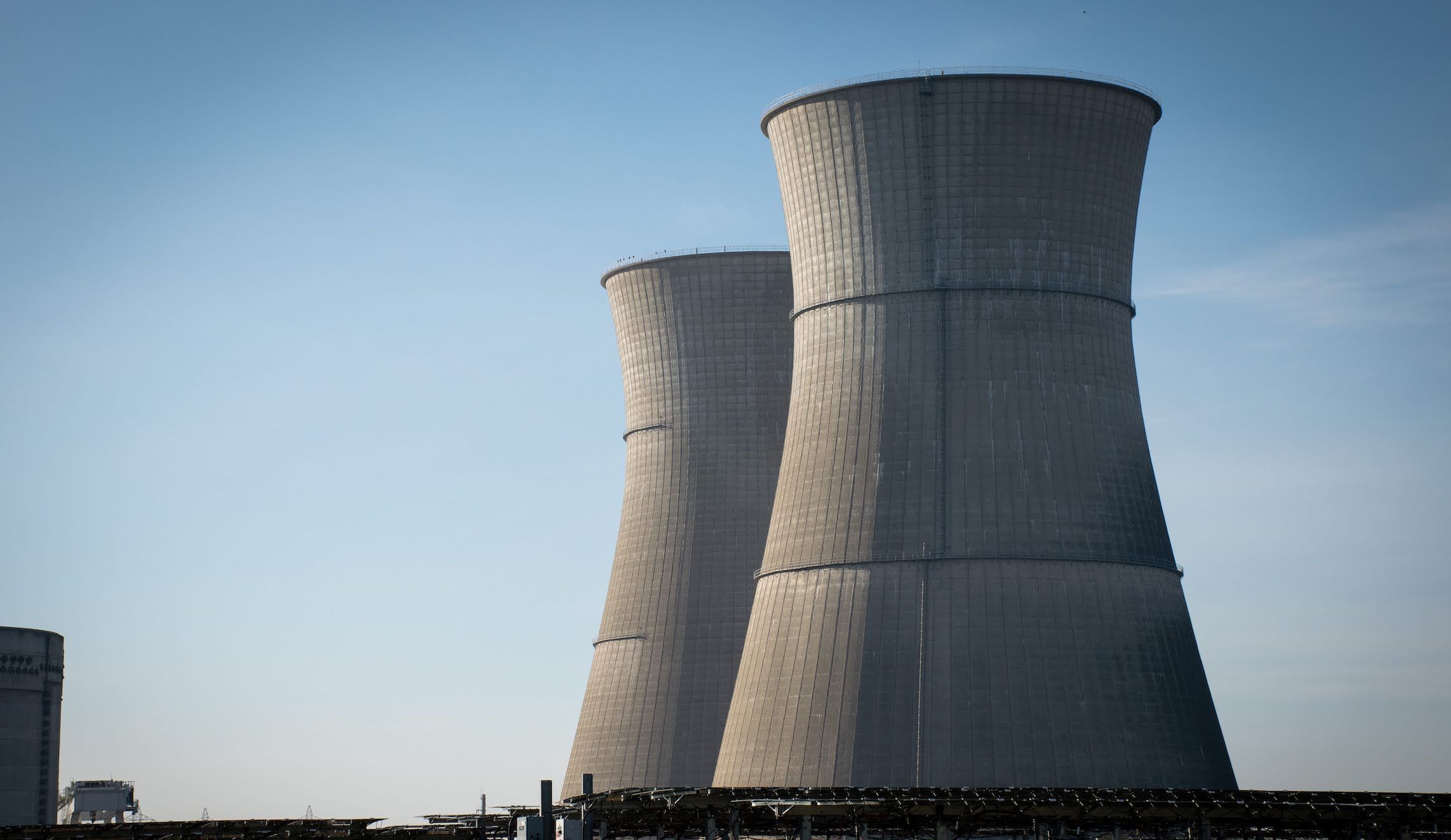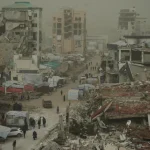

(The Center Square) — Pennsylvania relies on nuclear power more than any other state except Illinois — and there’s talk of growth.
One way would be to revive Three Mile Island, and it has some political support as electricity demand keeps building.
“We have a grid reliability problem and it’s coming quickly,” Rep. Tom Mehaffie, R-Hershey, said. “As long as people want to build data centers and Bitcoin and all the other things that are going on with this new technology like AI, there’s gonna be a huge demand for electricity on this grid.”
Pennsylvania is one of 13 states and Washington, D.C. that’s part of the PJM grid, which supplies power for 65 million people. Pennsylvania is a major exporter of electricity to other states, but as power demands are set to grow significantly in the near future, there’s no clear plan for how to produce that power.
States make their own policies that can contradict each other or limit other states. And there’s no one source of authority to make decisions about power generation, which projects to connect to the grid, and how to regulate it.
But experts predict nuclear power worldwide could grow by 950 gigawatts by 2050 — almost three times the current global capacity of nuclear power. Technological advancements, combined with more support for carbon-free energy sources, has created a sort of optimism for the future.
And, practically speaking, reviving nuclear plants may simply get done faster than building and connecting a new project.
“With where we’re at as a nation and a commonwealth, the demand for clean energy — they can open Three Mile Island and revamp it, put it in place, quicker than a gas generation plant,” Mehaffie said. “That’s really why it’s so important to act now to get this in place.”
The last new nuclear power plant, built in Georgia, was delayed by a better part of a decade. Estimated at $14 billion, the final price tag was $35 billion.
But all new generation projects face delays; from permits to PJM approvals to new transmission lines and interconnection problems, the current system can push back new sources of energy — whether they be solar or natural gas or anything else — by years and drive up costs.
Returning Three Mile Island to operation remains in the hands of Constellation Energy, but Mehaffie insisted that the state can’t sit around and hope its energy problems disappear.
“We need an immediate flow of electricity on the grid now,” he said. “If we don’t get something in place like TMI that produces 800-900 megawatts in the next 5 years, we’re gonna have issues on that grid — and that’s scary.”
While solar power has received attention (and state subsidies), it remains less than 1% of Pennsylvania’s energy production. While Gov. Josh Shapiro has proposed to require 35% clean energy in the state, nuclear makes up most of that — 32% in 2022.
“You may not see the urgency and that’s kind of how government works. If it’s not armageddon, people don’t move,” Mehaffie said. “But if armageddon happens and we don’t move early, there’s no fixing this. And that’s not a good situation to be in.”






